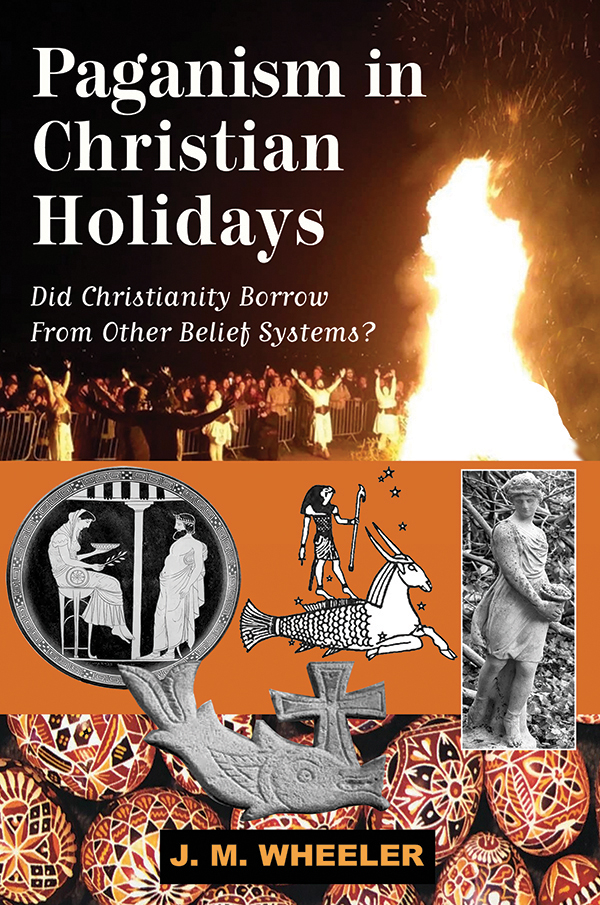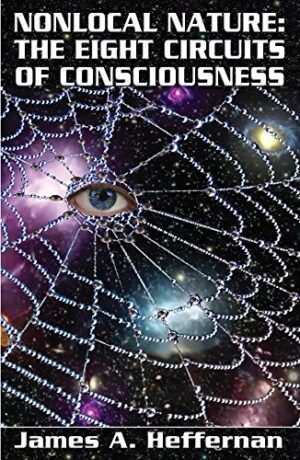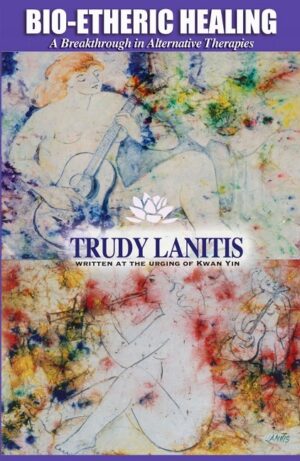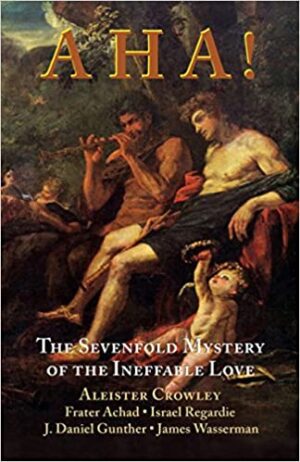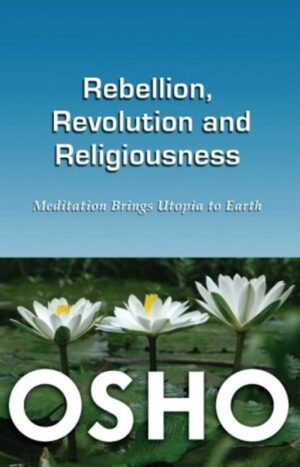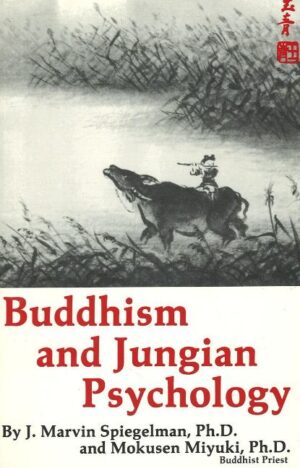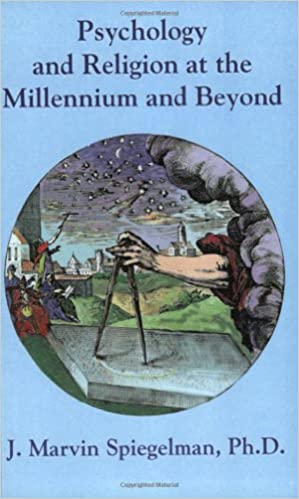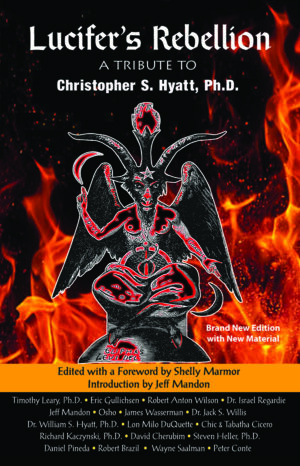Paganism in Christian Holidays Did Christianity Borrow From Other Belief Systems?
The word Pagan came from the Latin word paganus, which means “country-dweller.” These rural people often incorporated nature in their belief systems and were polytheistic (believing in more than one God). They differed from most religions in its non-hierarchal (with no paid clergy) and were more equally led by women. Pagans celebrate seasonal festivals and ceremonies. Christians used the term Pagan interchangeably with heathen, as a put down because many country people were not rich or highly educated.
In Paganism In Christian Holidays, Wheeler presents evidence that modern Christian beliefs, practices and symbolism borrowed heavily not only from Pagan beliefs, but also from Roman, Greek, Egyptian, Aztec, Hinduism, Buddhism and other ideologies. Do these concepts sound familiar? Blood sacrifice, a triune god, a man-god who had to be sacrificed for society’s salvation.
$24.95 $9.95
Description
Did Christianity Borrow From Other Belief Systems?A Small Gem by
J. M. WheelerPage Count: 104
Trim Size: 5” x 7.5”
U.S. Price: $24.95
ISBN 13: 978-156184-526-2
ISBN 10: 1-56184-526-4
Category: Religion, Spirituality, Historical
The word Pagan came from the Latin word paganus, which means “country-dweller.” These rural people often incorporated nature in their belief systems and were polytheistic (believing in more than one God). They differed from most religions in its non-hierarchal (with no paid clergy) and were more equally led by women. Pagans celebrate seasonal festivals and ceremonies. Christians used the term Pagan interchangeably with heathen, as a put down because many country people were not rich or highly educated.
In Paganism In Christian Holidays, Wheeler presents evidence that modern Christian beliefs, practices and symbolism borrowed heavily not only from Pagan beliefs, but also from Roman, Greek, Egyptian, Aztec, Hinduism, Buddhism and other ideologies. Do these concepts sound familiar? Blood sacrifice, a triune god, a man-god who had to be sacrificed for society’s salvation.
Persians believed in Mithra, a great mediator between God and man. He was born on December 25th by a virgin, he died for humanity and was resurrected after being buried. Mithra’s holidays were the Winter Solstice and the Vernal Equinox (Christmas and Easter).
Years of adversity and oppression pushed the practice of Paganism and other nature-loving belief systems underground. This is a pattern among many indigenous people who were “conquered” by Christians and were stripped of their right to continue their own religion on penalty of death. Many refused to convert and were killed. And yet customs and symbology from “nature-oriented” religions can be found throughout Christian beliefs. Many Pagans worshiped in secret to avoid persecution, many including Aleister Crowley worked hard to develop Paganism as a “religion” and more than a magical movement.
“The expulsion of evils formed a large part of old religion, in which mystery, medicine and magic were bound together. The priest or pastor is the modern survivor of the mystery-man, medicine-man or medicine-woman and magician.”
Joseph Mazzini Wheeler, born in London, United Kingdom on January 24, 1850 and died on May 5, 1898. He was an atheist and free-thought writer. He was an associate of Chapman Cohen, editor and writer of The Freethinker a weekly secular magazine issued by The Pioneer Press, in London, England.


